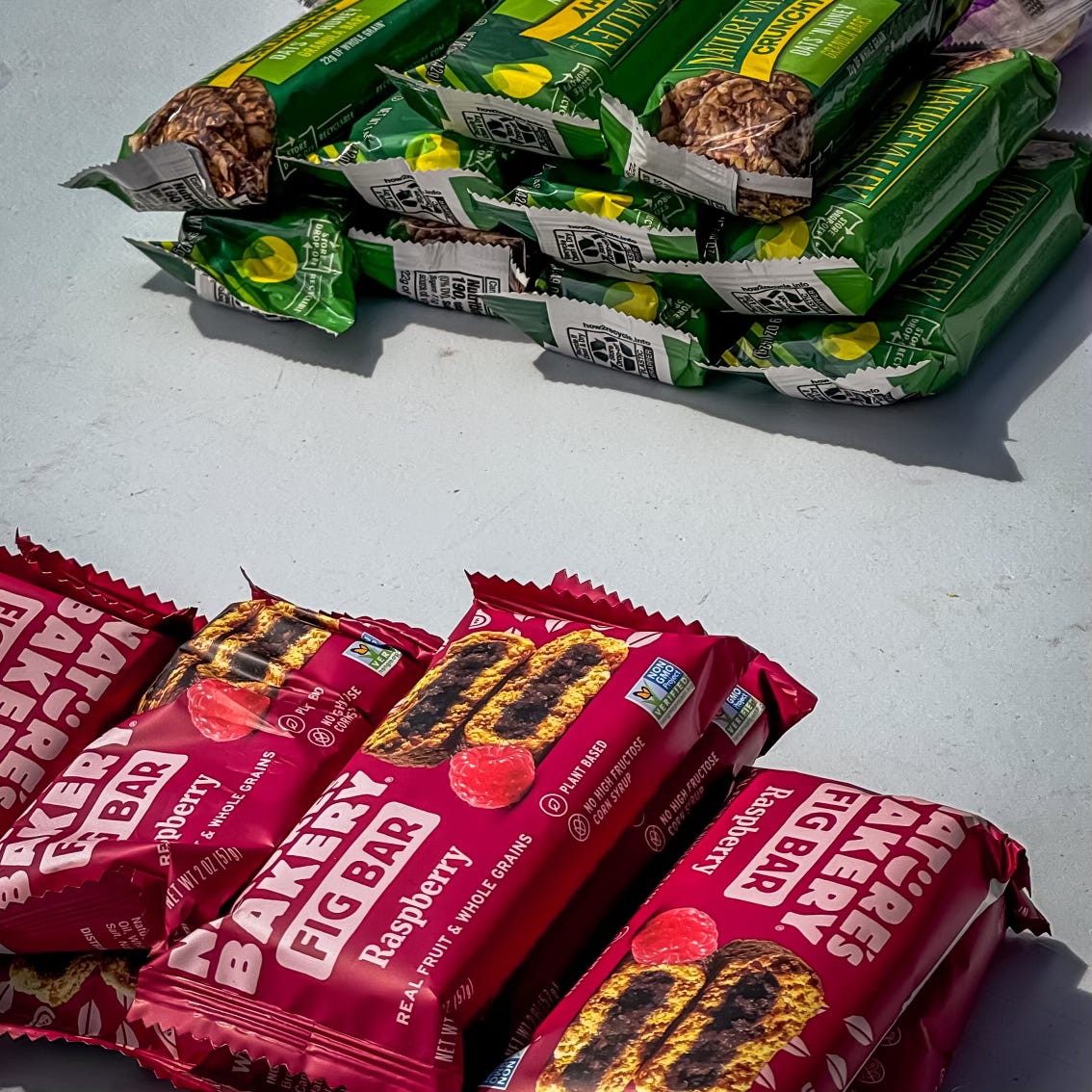On the Need for Personal Evangelism in Deep and Long-Standing Relationships
A Reflection on Evangelism
Keep reading with a 7-day free trial
Subscribe to A Penteliturgical Pastor from F. Abram Bagunu to keep reading this post and get 7 days of free access to the full post archives.




